Russia is developing a space-based nuclear weapon that could make low Earth orbit —where the majority of satellites are located—unusable for a year if detonated, according to a senior Pentagon official.
During a May 1 hearing of the House Armed Services Committee’s strategic forces subcommittee, John Plumb, assistant secretary of defense for Space Policy, warned about Russia bringing nuclear weapons into space.
“Russia is also developing a concerning anti-satellite capability related to a new satellite carrying a nuclear device,” he wrote in his written testimony.
“This capability could pose a threat to all satellites operated by countries and companies around the globe, as well as to the vital communications, scientific, meteorological, agricultural, commercial, and national security services we all depend upon.”
During the hearing, Mr. Plumb took multiple questions from Rep. Mike Turner (R-Ohio), chairman of the House Intelligence Committee, over his written remarks.
Mr. Plumb told lawmakers that the Russian nuclear space weapon will be an “indiscriminate weapon” that “doesn’t have national boundaries.”
“The concept that we are concerned about is Russia developing and—if we are unable to convince them otherwise—to ultimately fly a nuclear weapon in space, which will be an indiscriminate weapon,” he said, adding that the weapon would not distinguish among military, civilian, or commercial satellites.
The threat posed by the developing weapon “is not imminent in the way that we should have to worry about it right now,” according to Mr. Plumb.
“But we are concerned about it, the department, and the entire administration, and I know this Congress is taking this deadly seriously,” he said.
As for the detonation impact of the weapon, Mr. Plumb said that simulation modelings would be needed to “know the specifics of how this thing would be used, what type of detonation it might be, where it might be detonated changes the outcome as well.”
Nonetheless, he added that the explosion would impact low Earth orbit.
“Satellites that aren’t hardened against a nuclear detonation in space, which is most satellites, could be damaged and affected. And some would be caught in an immediate blast, which they would not be able to survive the flux of that. And then others could be damaged over time,” he said.
The space nuke would also change the space environment of the low Earth orbit, Mr. Plumb added.
“Several analysts do believe that detonation in space at the right magnitude in the right location could render low Earth orbit, for example, unusable for some period of time,” he explained.
“Could it be a year?” Mr. Turner asked.
Mr. Plumb responded, “I believe it could be.”
In February, Russian President Vladimir Putin said his country had no intention of putting nuclear weapons in space. Last month, however, Russia vetoed a U.S.-draft United Nations Security Council resolution to prevent nuclear weapons in space.
Mr. Plumb said Russia’s veto should raise questions about Mr. Putin’s claim.
“We just had that United Nations Security Council resolution that Russia vetoed, which may, in fact, tip their hand on this,” Mr. Plumb said.
“[The U.N. resolution] really just reaffirmed not placing nuclear weapons in outer space, which Russia and the United States and all spacefaring nations have already signed up not to do. So this is a concern for us,” he added.
National security adviser Jake Sullivan, in a statement following Russia’s veto, said the resolution “would have reaffirmed the fundamental obligation of States Parties to the Outer Space Treaty not to place nuclear weapons in orbit around the Earth.”
Russia and China signed the Outer Space Treaty of 1967, preventing signatories from installing weapons and military bases in space.
“We have heard President Putin say publicly that Russia has no intention of deploying nuclear weapons in space. If that were the case, Russia would not have vetoed this resolution,” Mr. Sullivan stated.

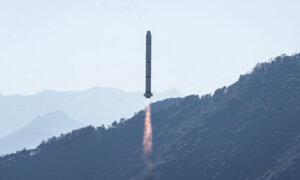
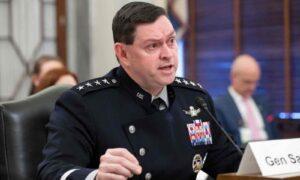

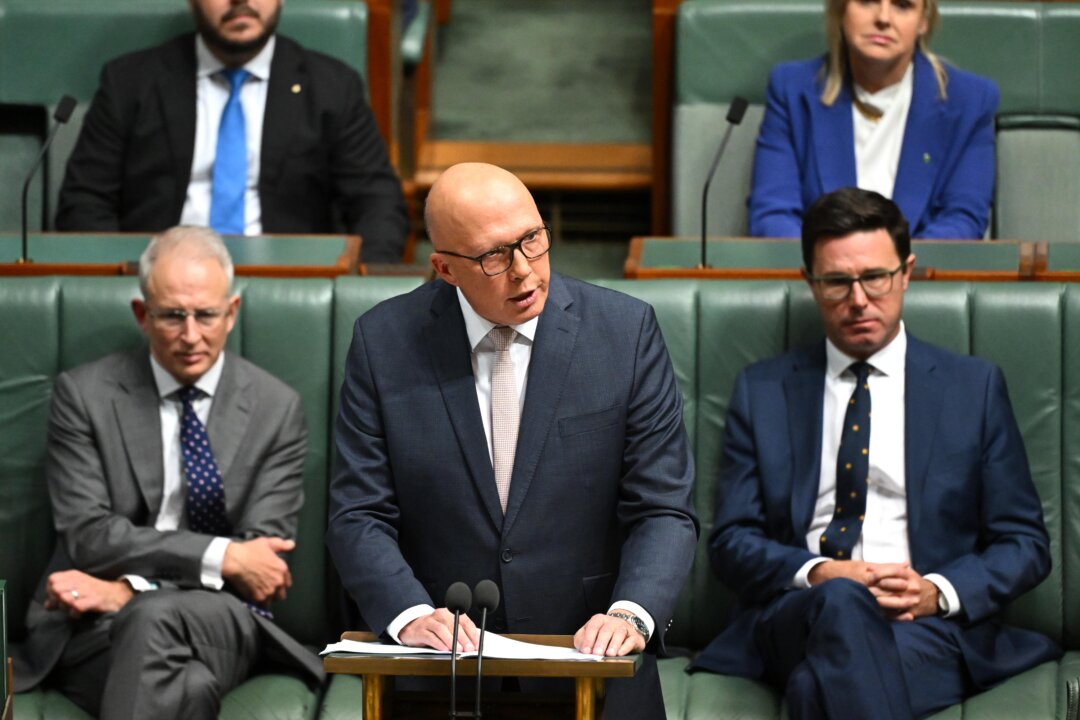

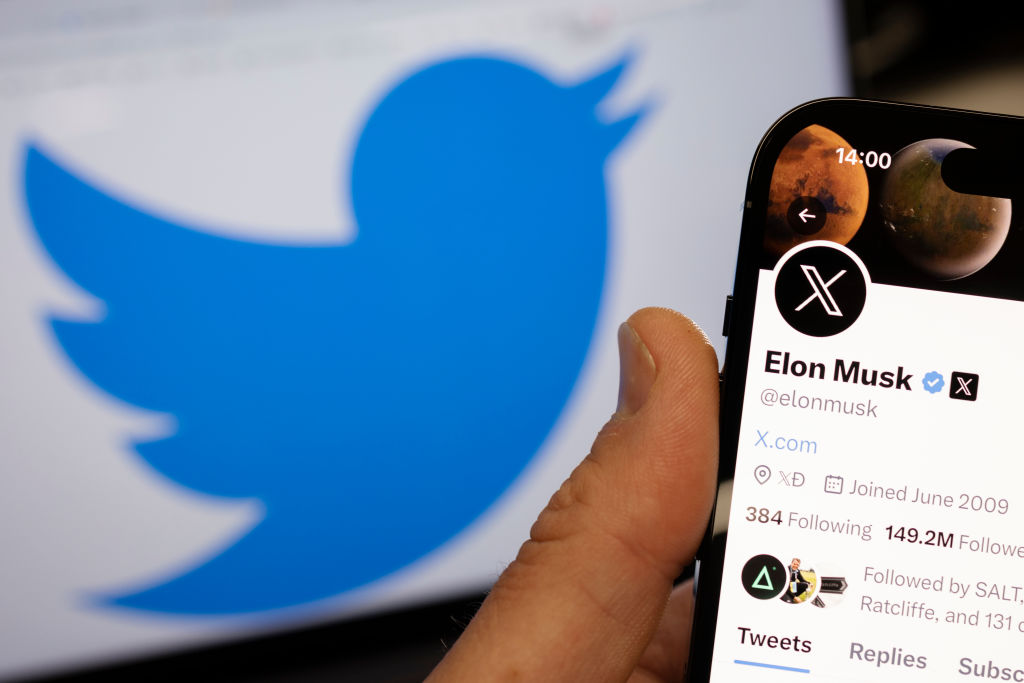

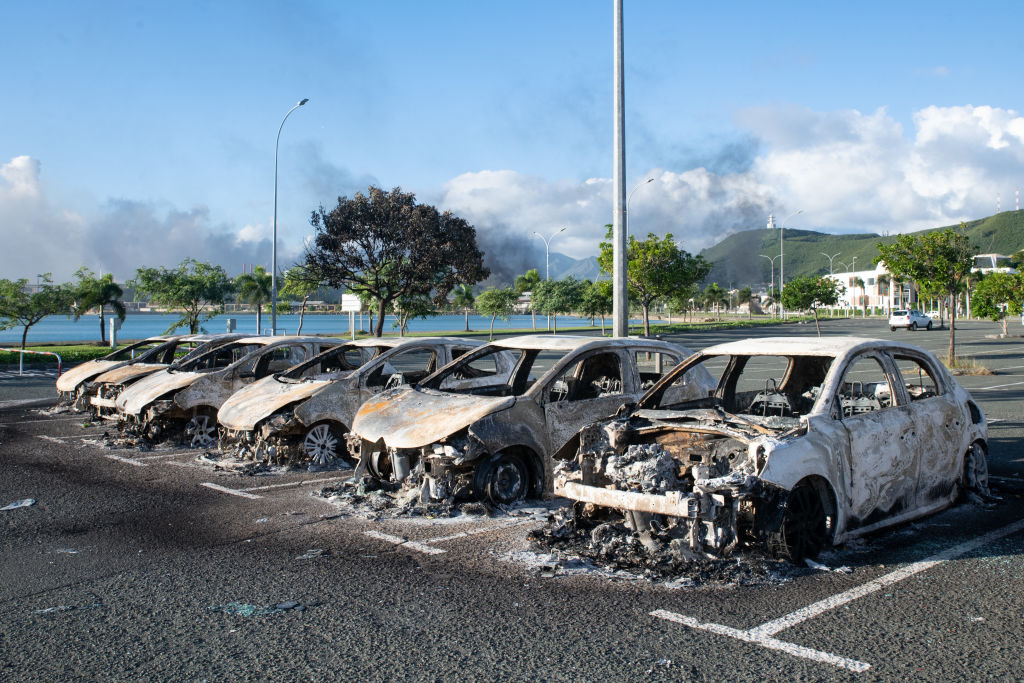





 English (US) ·
English (US) ·  Turkish (TR) ·
Turkish (TR) ·